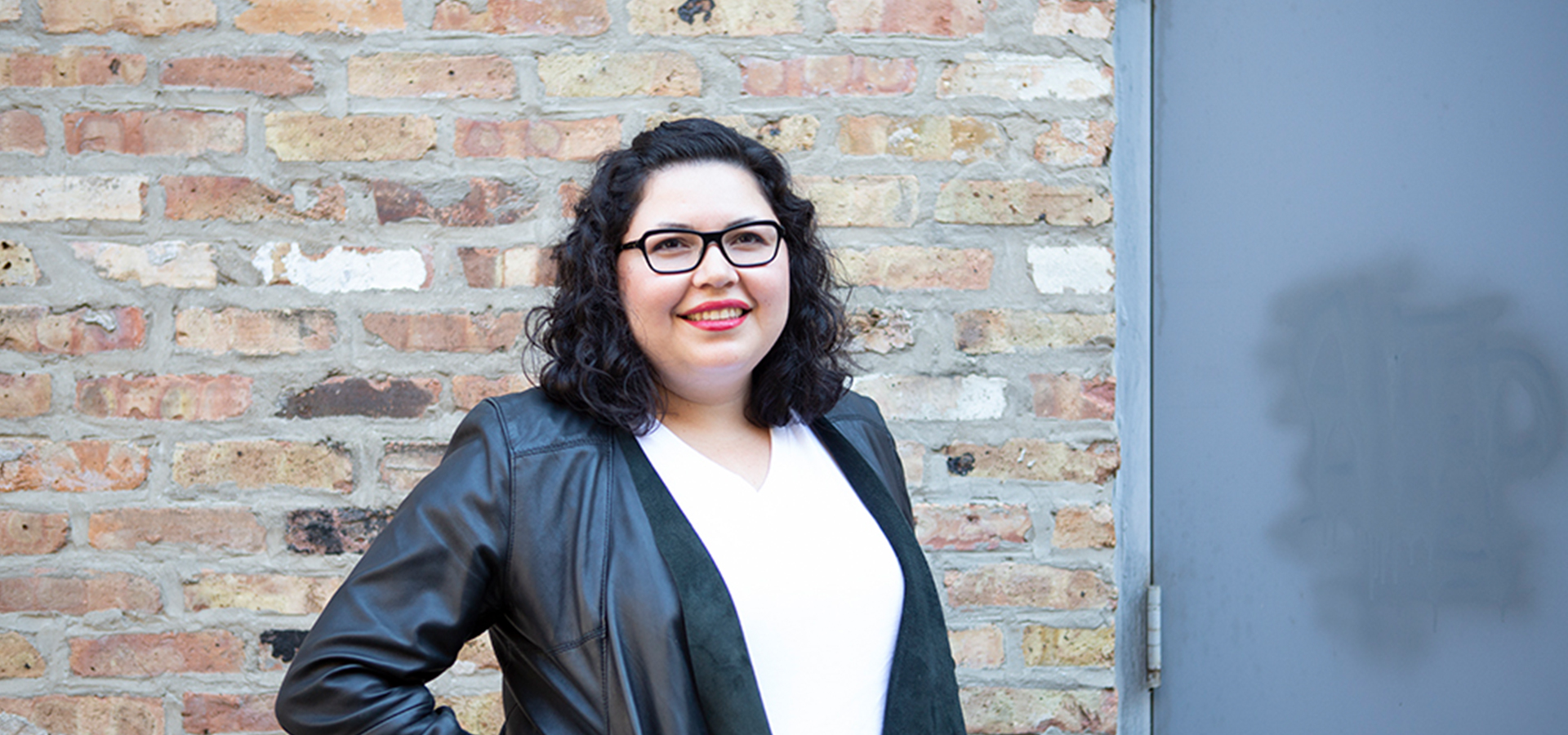
An Interview with Luvy Delgado
An Interview with Luvy Delgado; Executive Producer at Leviathan.
Emma King: What have been the major milestones in your career?
Luvy Delgado: My first milestone was, after just a few months at my first job, being asked to run my own multimillion-dollar project and produce all the photo and videos at just 23 years old. I was terrified and excited at the same time.
The second milestone was being part of the team which won a Cannes Lion Health award for a drug launch we worked hard on for over two years. That project pushed me into managing entire teams in different offices and taught me what no sleep and long hours of teamwork can accomplish.
Finally, being asked to join the Ad Council UX committee. It’s been such a fulfilling experience working with both amazing campaigns and top peers in the industry; it’s like a dream.
EK: What’s the biggest hurdle you’ve overcome?
LD: Being a woman in an industry still dominated by white males is a barrier. However, the biggest hurdle has been believing that I am qualified and able keep pushing boundaries, being fearless to fail, or thinking my ideas might not be good enough. Everyone has those fears, but pushing them aside and deciding that they are good enough is a hurdle worth the fight.
EK: After so many years in the industry, how do you stay passionate about what you do?
LD: I like seeing how technology, trends, and consumers change the industry every day. It should never be the same job year after year. You have to change or stay ahead of the game in order to stay engaged and do better.
For me, learning new skills and mentoring keeps me passionate. I love learning from younger teams and growing with them.
EK: What inspires you?
LD: When I see someone whose work is “fine” but push themselves to change it and make it better, that kind of attitude inspires me to improve. Complacency and boredom are my biggest motivators; once I start feeling one of two things I push myself to make a change. Take a class, change roles, and, twice for me, change cities.
EK: What advice did you receive early in your career that has stayed with you?
LD: Be confident in your ideas, listen to others and be respectful when criticizing work.
EK: Can you tell me about a female role model who has inspired you over your career?
LD: There were a few inspiring women throughout my career:
Jodie Hein was my first boss and she taught me to be tough. At 4’9” she ran a whole studio. She taught me accountability and earning respect.
Shelley Tanner, CEO of my previous agency. When we were understaffed, she worked right alongside us with live conferences. Even while in chemo, she was never too “high up the chain” to not be accessible. She taught me to be nurturing to the team.
Rebecca Rose, an SVP at my previous role. It was inspiring seeing her take over a room and instill confidence and creativity in others. She was also very accessible to everyone on her team of 100 people. She taught me to be confident and accessible.
EK: What three skills do you think are essential to be a great leader?
LD: Great listener, be action oriented, nurturer of talent. Based on your own experience, what advice would you give to women considering pursuing a career as an Executive Producer?
If you are a great multitasker and know what each department does, you will be a good Producer. However, to be a great producer, it’s all about having people skills. You will be asking your teams to work unrealistic deadlines and with no budgets. You will be asking vendors to lower prices and meet your needs. All these are done through patience and persuasion while keeping your eye on the big picture.
EK: If you could give any advice to a young woman in your industry what would it be?
LD: This industry can be a tough place to make your voice heard. There are a lot of strong personalities competing for their ideas to be chosen. It took me a long time to learn to trust my instincts and not apologize for voicing my ideas. Be assertive! Don’t start the emails with “just following up…” Ask for what you need. You will be taken more seriously.
Bring solutions with your problems. It will help you get more constructive and open a dialog that would otherwise not be possible.
Read more from Emma.


Uncommon Person: Chad Hutson

Our Internal Learning & Impact at Bulldog Drummond

The One Decision by Employers in 2021 that Means Everything

What I Wish I Knew

Standing Up Inside

Uncommon Person: Gregg Imamoto

Five Things Every Company Should Know about ESG

Redefining Value

Uncommon Person: Chris Baréz-Brown

It’s Time For A Whole Lotta Common Good

Did You Choose Humanity?

Uncommon Partnership: Violux

Here’s How

Uncommon Person: Santhosh Nair

Designing Strategy For A Complex World

Responsibility & Relevance for Brands

